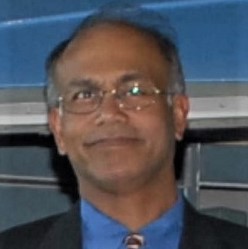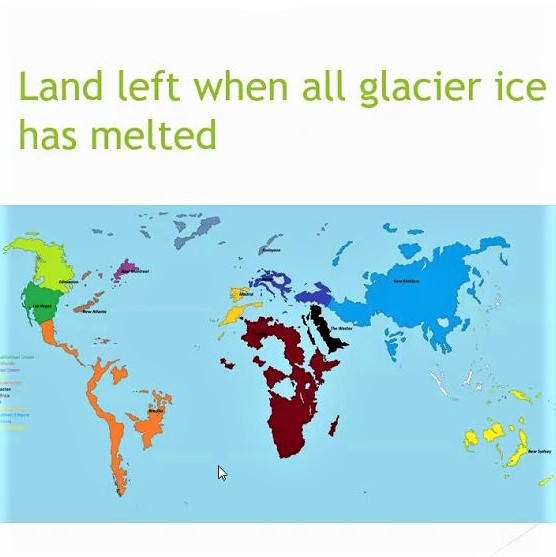EV Technology and Its Implications on Climate Change
July 2021 speaker: Mr. Momin Quddus
Professional Engineer (PE); IEEE Senior Member
Slides: “EVs (Electric Vehicle)-Technology and its Implications on Climate Change_RevC“
Recording: Electric Vehicle (EV) Technology and its Implications on Climate Change – YouTube
Date/Time: Wednesday, July 21, 2021; 6:00-8:00 PM PDT
Venue: Virtual (WebEx)
Tonight’s talk was arranged by Buenaventura Section and co-sponsored by IEEE CCS. At its peak, the session had ~30 participants.
California will phase out gasoline-powered cars by 2035, joining 15 countries that have built a roadmap to boost technical innovation toward a zero-emission transportation and develop regulations to accelerate the transition from fossil fuel vehicles to electric vehicles (EVs). From a sustainable engineering perspective, an electric vehicle will emit less greenhouse gas at the car/truck level but the benefit on climate change involves a large array of additional factors.
In the first part of his talk, Mr. Quddus presented an overview of the EV technology, including types of battery and considerations of charging, range, and efficiency. He reviewed the power trains of the currently-used internal combustion engine (ICE) vs. existing and emerging EV options. Internal combustion engines are complicated and have many moving parts subject to inefficiencies, wear, and tear. The electric power train is much simpler and more efficient (Tesla claims an efficiency of 97%, vs. ICE’s ~35%).
In the second part of his talk, Mr. Quddus discussed the future of EVs and their implication in slowing down global warming and climate change. EVs offer only marginal benefits if the electric energy they need is generated from coal and other fossil fuels. However, as we move toward greater use of renewable energy, the benefits of EVs will become more pronounced, constituting a main tool in our fight against climate change. He concluded by touching upon financial markets’ interest in EVs.
Speaker’s technical bio: Mr. Momin Quddus, a senior member of IEEE and a PE, currently chairs IEEE’s Buenaventura Section. He has worked in avionics, wireless communication, and aerospace industries for over 30 years. He holds a patent on wireless antenna design. Mr. Quddus earned a BSEE degree from University of Texas and an MSEE degree from Florida Atlantic University. He is interested in analyzing topics in terms of economics and analytics. He enjoys playing tennis, field hockey, and soccer. He coaches youth sports teams, volunteers at youth outreach events such as science fairs and academic decathlons, and serves on advisory boards of STEAM programs.


